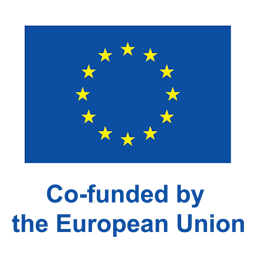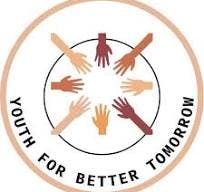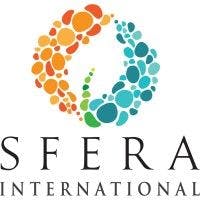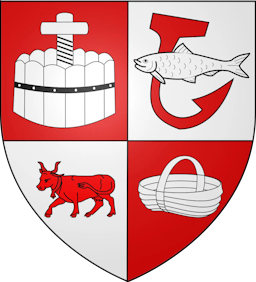Training course - Non Violent Communiaction
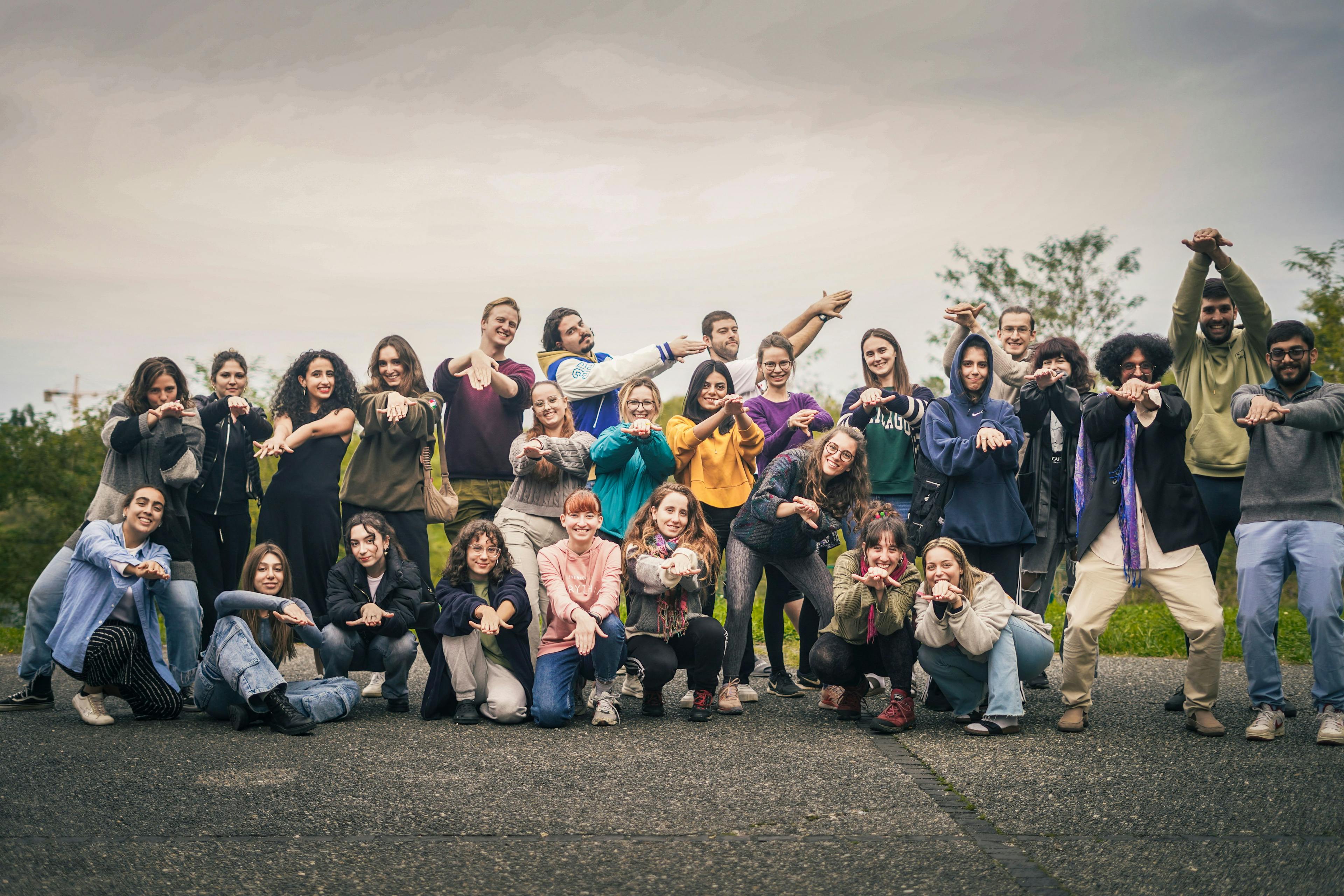
“Non Violent CommuniAction" was an Erasmus+ Training Course aimed at providing youth workers with non-violent communication skills to enhance their use as activists or active citizens in the socio-ecological transition. The initiative gathered 31 participants from 6 different countries. Its aim was to foster civic involvement, stimulate critical thinking, and explore socio-ecological solutions—all the while emphasizing diversity and inclusion.
Objectives description
The main goal of the "Non Violent CommuniAction" project was for participants to learn how to promote socio-ecological transition and active citizenship through non-violent communication. In a time where most current issues are sensitive, it can be challenging to discuss social and environmental issues without creating tension or being perceived as adversaries. This difficulty tends to raise two significant problems:
1. Actors in ecological and social transition are tired of trying to convey the urgency of the situation while constantly being treated as if they were enemies of society, whether by strangers or even by friends and family.
2. Populations are tired of receiving moral and ethical lessons on all subjects that make them feel guilty. Consequently, they lash out at those trying to do their best to improve the situation.
With this new tool of non-violent communication, facilitators provided participants with a method to express diverse viewpoints while minimizing conflicts and tensions. Such conflicts can be counterproductive when there’s a cause to defend. By transforming the way we communicate, this approach fosters greater enthusiasm for active civic participation among local communities. It also motivates stakeholders in ecological and social transitions to share their perspectives more openly.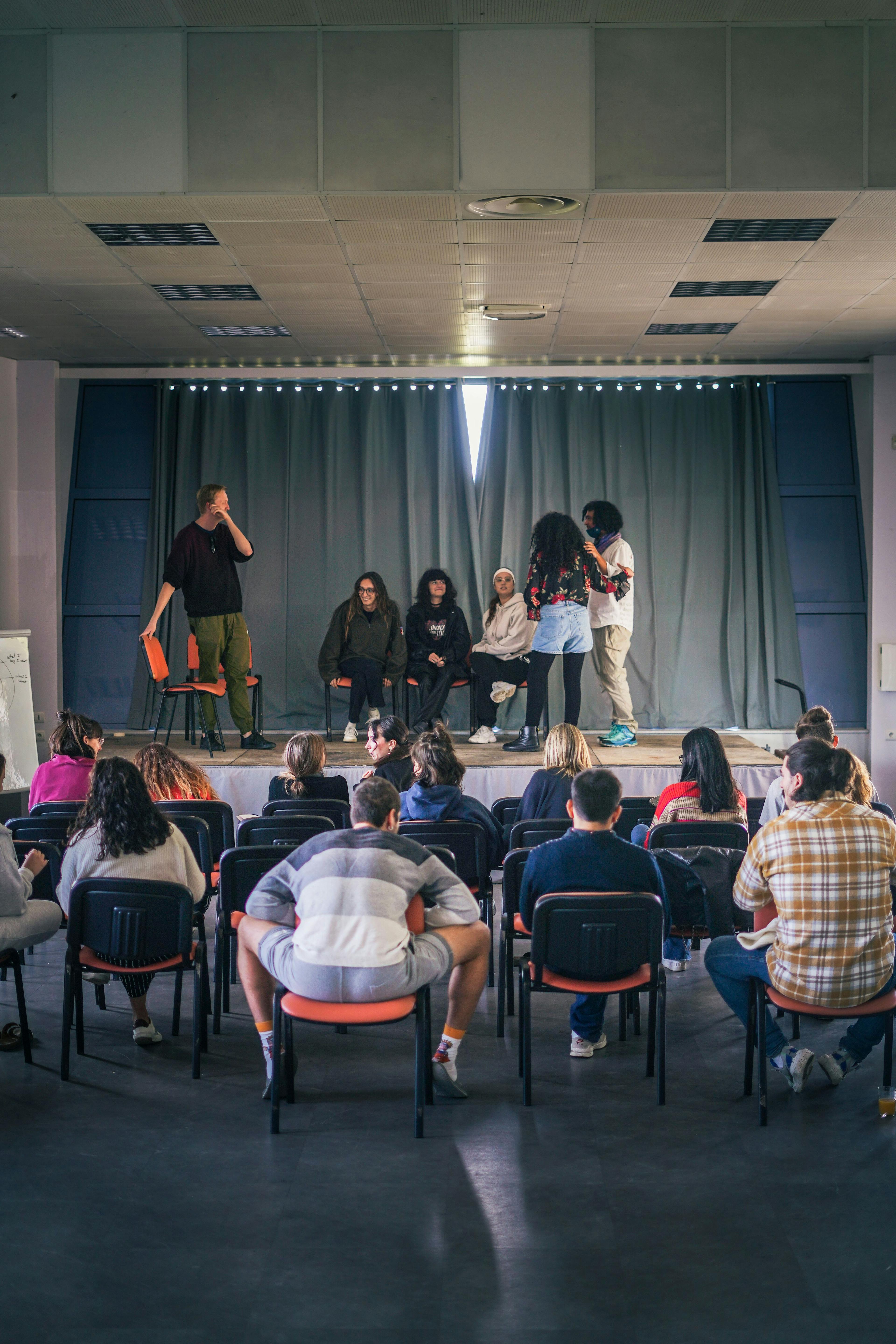
The specific objectives of “Non Violent CommuniAction” were diverse:
- Introducing participants to non-violent communication and conflict resolution methods.
- Enhancing self-esteem to boost the participation at local and European levels.
- Fostering critical thinking through audiovisual education and literacy.
- Teaching emotional self-regulation for improved self-understanding and social skills.
- Encouraging intercultural learning and teamwork for common goals.
- Optimizing time management and deadline adherence.
- Spreading non-formal learning techniques and the use of audiovisual content for effective communication.
- Inspiring utopian thinking to mitigate eco-anxiety and promote civic engagement.
- Advancing intercultural exchanges, active citizenship, and social inclusion.
- Promoting European values and identity, as well as the Erasmus+ program and international mobility opportunities.Activities
This project featured a training course that gathered 31 participants from five different organizations from countries like France, Spain, Italy, Germany, Poland, and North Macedonia. They all came together in Laroin (Pau) and spent ten days there.
The project included twenty-six people who had fewer opportunities in life. Their involvement was very important because it started discussions that led to a deeper understanding of various issues. These issues were often seen differently in different countries or areas. We decided with our partners that when choosing participants, we would give priority to those who faced economic, geographic, or social challenges.
Everyone taking part in the project was over 18 years old and needed to know basic English, but they didn't have to be perfect at it. They were expected to be willing to learn and excited about the topic of the project, and ready to experience meeting people from different cultures.
The training course happened from October 17th, 2023, to October 26th, 2023, at the Iktus camping site in Laroin. The activities took place in a large hall at the camping site, which was next to a lake, and also in the open green spaces around it.The activities were carefullychosen to make sure everyone felt safe and comfortable when interacting with each other. The main idea was to give them the tools they need to be effective in their activism, considering the emotional and mental challenges they might face in today's society. We focused on the importance of understanding one's feelings and how to handle them.
An important part of our approach was to use theater and role-play. This method let participants act out and work through difficult situations in a safe and controlled way, using non-violent communication.
The activities varied and were based on learning the non-formal education method. They included discussions in small groups, making concept maps, peer to peer sharing experiences, and acting out everyday situations. We also had activities like silent exhibition, meditations, and exercises that connected feelings with physical sensations. Participants also learnt how to create content for social media that thought about a better future, following the utopian thinking perspective. They learnt the importance of showing solutions and giving hope when talking about current social issues. We believe that people respond better to messages that give them hope and tools to make a change, instead of just focusing on the negative aspects of a problem without suggesting any real solutions.DOWNLOADABLE DOCUMENTS
Results of the project
The specific outcomes of this project include social media content created by participants during their mobility, either as carousels or reels. This content was designed to highlight the use of social media as a tool for activists in raising awareness. Additionally, a booklet outlining steps for nonviolent communication has been produced and is available in the downloadable documents below.
The project had a profound impact on participants at various levels. Their involvement posed a personal challenge and offered a valuable learning experience, enabling them to:
- Acquire communication skills and interact with individuals from international backgrounds.
- Learn collaboration within groups in unfamiliar contexts.
- Master communication in English, other languages, and non-verbal communication.
- Develop a deeper mutual understanding and strengthen cooperation among participants.
- Enhance their adaptability in new environments.
- Cultivate skills to address and explore current conflicts from a peaceful and problem-solving perspective, actively seeking solutions.
- Understand the effectiveness of nonviolent activism and its various forms.
-Decode media codes to communicate effectively about environmental and social issues.
- Reflect on the impact of violent and dystopian communication on citizens.
Following the project's conclusion, the participants continued to stay in touch, strengthening their European identity. The learning experience extended beyond the 10-day exchange, leaving a lasting impression.
Additionally, the partner organizations were able to:
- Expand their expertise in nonviolent communication.
- Enhance their capacity to develop similar projects, leading to numerous potential proposals or projects from this partnership.
- Improve their critical thinking in media content sharing.
- Increase their proficiency in environmental and social communication.
- Expand their network of international partners.
- Refine their management of European projects.
- Adapt their work methods to include digital communication as an effective tool for social change.
- Strengthen their ties with local communities (through local dissemination events).
Moreover, this project provided local initiatives with an opportunity to discover the possibilities offered by the Erasmus+ program and European projects, even if they were previously unfamiliar with these areas.DOWNLOADABLE DOCUMENTS
Critical Thinking
|Environment
|Social Inclusion
|
